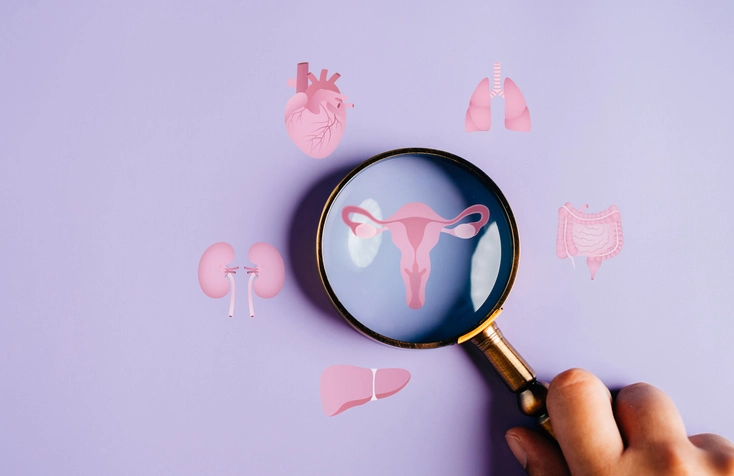“No-one starts off at the same place. But they’re still forced to do the same race.”
– Low-income participant
The Life Chances study began over three decades ago, in 1990. It grew from the Brotherhood of St. Laurence’s (BSL) concern with the level of child poverty in Australia and a desire to better understand what affects children’s life chances. Over 34 years, the longitudinal qualitative study has contributed important insights into the experience and persistence of inequality in Australia.
The final report of the Life Chances study Inequality in Australia found that family resources play a strong role in determining a child’s opportunity to thrive, although do not entirely dictate their life experiences and outcomes. The report also revealed that while inequality has increased, it’s not a simple picture, or easily summarised.
Life Chances researchers followed 167 infants born in two inner-Melbourne suburbs who were recruited through their local Maternal and Child Health Services. These suburbs had a mix of substantial public housing alongside renovated terraced housing with diverse populations in terms of income, education and ethnicity.
The families in the study also reflected the diversity of the two suburbs with a mix of higher, middle and low-income families, private renters, public housing tenants and homeowners. Over the years, our researchers followed these babies through infancy, childhood, teenage years and adulthood to explore what shaped their opportunities and highlight what needs to change to even the odds.
“Tracking the babies and their parents at critical moments in their lives provided us with great insights into how social policies can even the odds, creating opportunity and providing support when needed,” said Dr Dina Bowman, BSL’s Principal Research Fellow and co-author of the report.
“Over 34 years, we’ve seen improvements in some areas such as access to further education. However, progress is patchy and limited investment in social infrastructure including social housing means that the family safety-net is increasingly important.”
At a time when the gap between rich and poor is widening, qualitative research like the Life Chances study shows the importance of social support. Over 34 years the study has provided important insights into how the lives of individuals are affected by broader social, economic and cultural change.
The Brotherhood of St. Laurence is a social justice organisation working to prevent and alleviate poverty across Australia.








